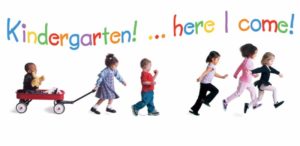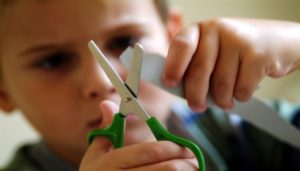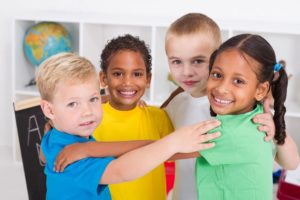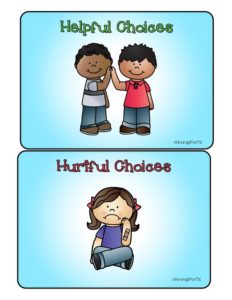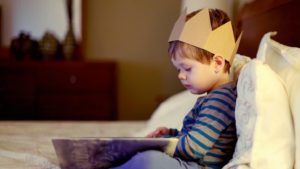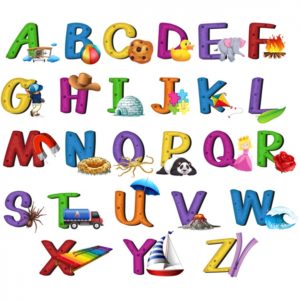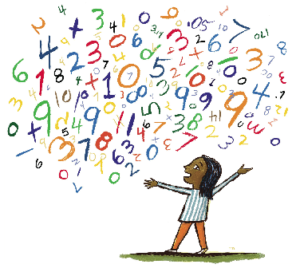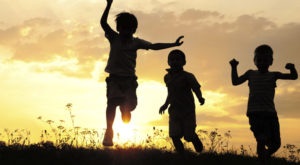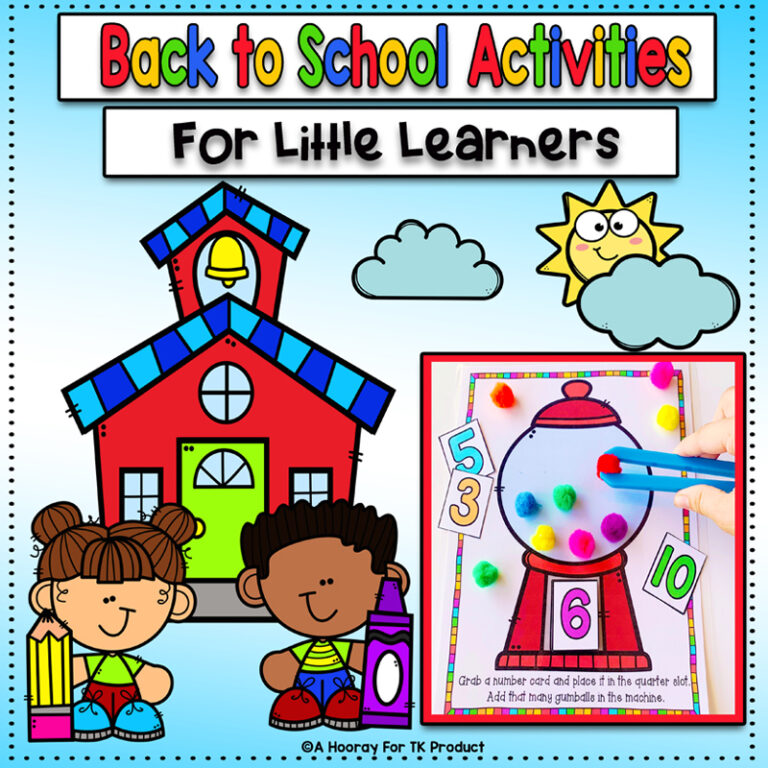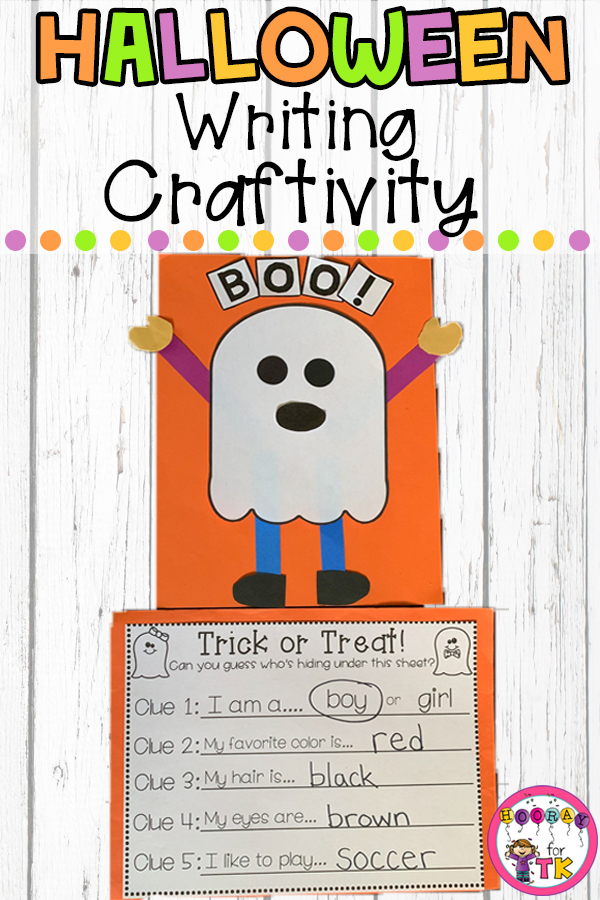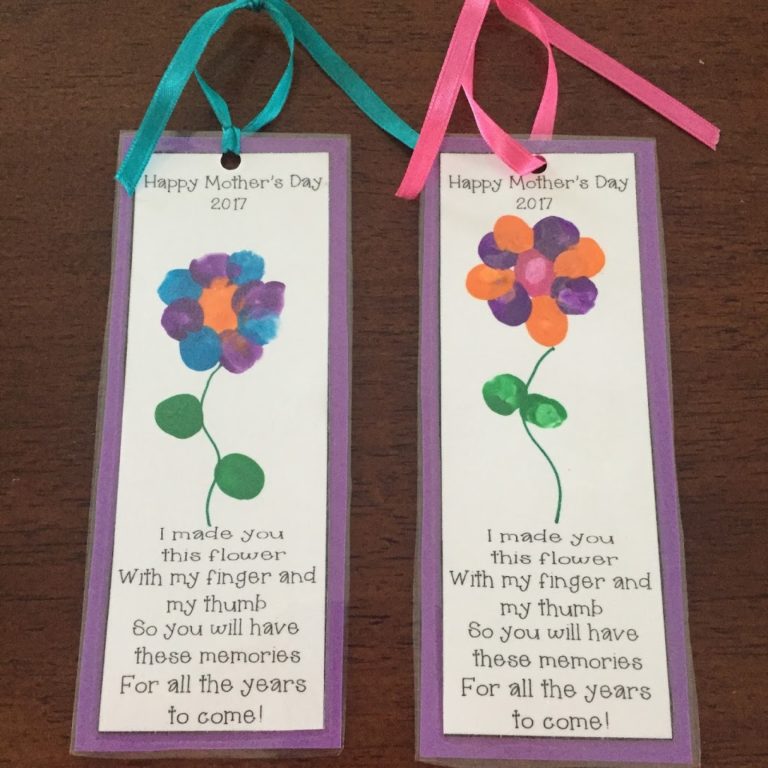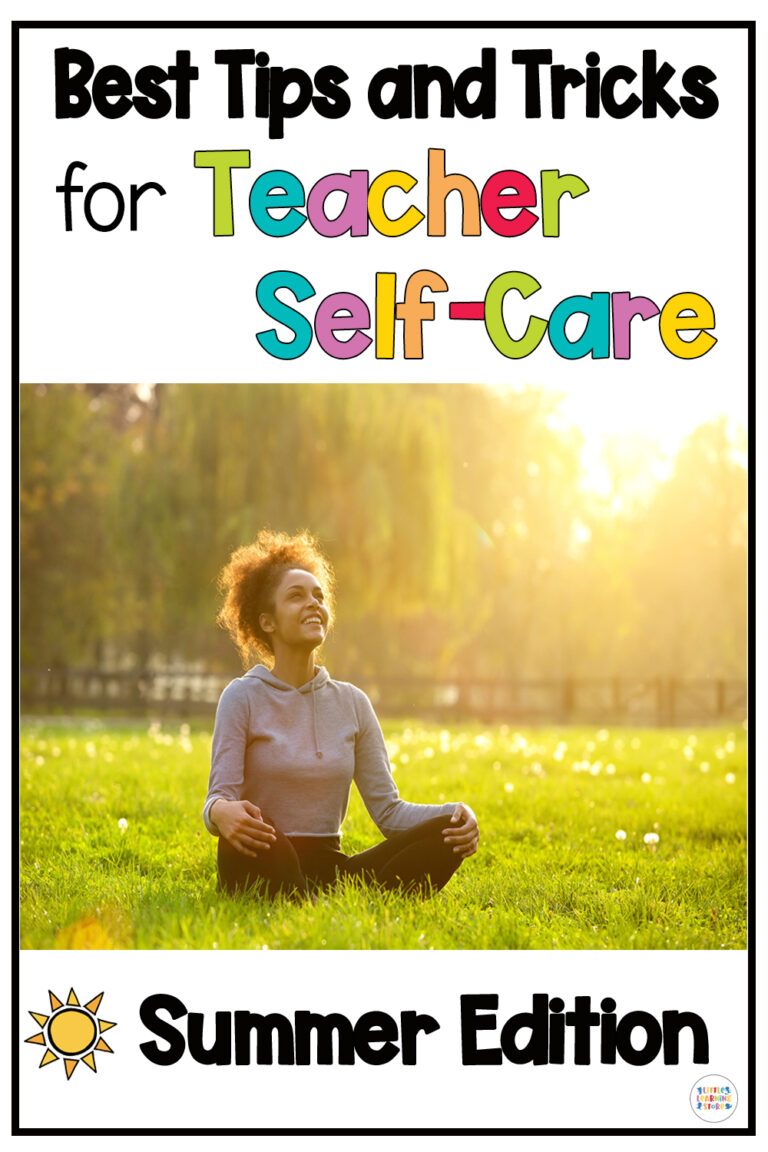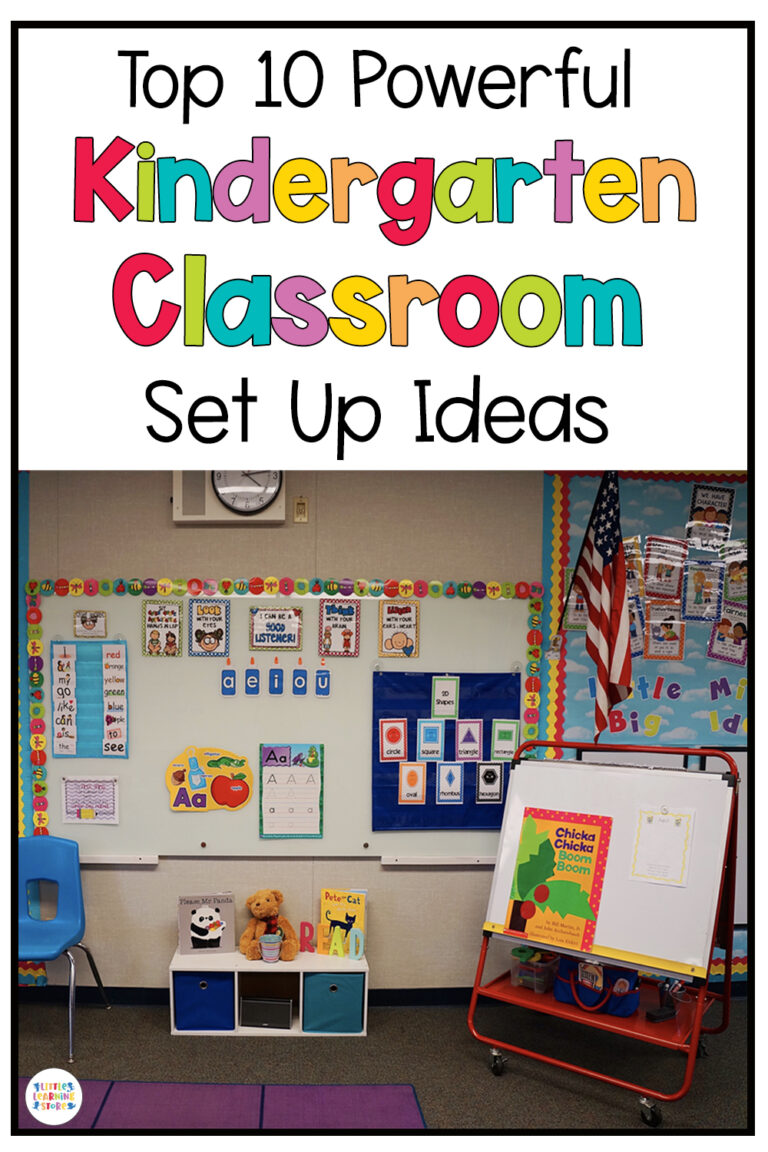Is Your Child Ready for Kindergarten?
Kindergarten has changed dramatically over the years. Children are now expected to read, write, and do basic math by the end of the year. In fact, most would agree that kindergarten has become the new first grade.
Students with little to no schooling may struggle when they enter kindergarten. When I taught kindergarten, I was shocked at how quickly the curriculum moved. We started reading in January, even if some students hadn’t fully mastered their letters and sounds. Students needed to be reading by the end of the year, so we had to keep going. It broke my heart for those kiddos that struggled as we continued throughout the year, but now it’s those struggling students that give me my passion for teaching Transitional Kindergarten.
Students with little to no schooling may struggle when they enter kindergarten. When I taught kindergarten, I was shocked at how quickly the curriculum moved. We started reading in January, even if some students hadn’t fully mastered their letters and sounds. Students needed to be reading by the end of the year, so we had to keep going. It broke my heart for those kiddos that struggled as we continued throughout the year, but now it’s those struggling students that give me my passion for teaching Transitional Kindergarten.
Here are 5 skills I wish my students had mastered prior to entering kindergarten. These are the skills I strive to teach in my TK classroom, and skills you can start teaching your child now.
1.) Fine Motor Skills
Can your child hold a pencil? Write their name? Cut with scissors? These are all things they will be asked to do in kindergarten, so practicing fine motor activities at home will help your child be ready for these tasks.
Some examples of fine motor activities would be stringing beads onto a string, peeling stickers, sorting items using tweezers (plastic ones for kids work best), and gluing buttons down.
Check out my Fine Motor Skills board on Pintrest for more ideas.
2.) Social Skills
Can your child work, play, and share with other children? Practice problem-solving with your child and their peers or even among their siblings when there is a conflict. I offer problem-solving cards on my TPT store here.
3.) Print Awareness
Can your child hold a book properly and turn the pages from right to left? Do they understand that print carries meaning? The three best things you can do with your child is read, read, read! Read to them, let them try to read to you, read together, anyway you like it, but studies have shown that students who are exposed to reading are more likely to do well in all facets of formal education.
4.) Letters and Sounds
I have found this to be incredibly helpful for students entering kindergarten. If they come in knowing their letters and sounds, and I mean knowing those letters frontwards and backwards, they’ll be much more prepared when they start reading and writing.
Here are some of my favorite song ideas for teaching letters and sounds.
Dr. Jean: Who Let the Letters Out
My teammate showed me this one, “What Do the Letters Say?” (This is to the tune “What Does The Fox Say” which is hilarious!)
Phonics Song: New Version
5.) Counting and Number Sense
Can your child count to 30? Do they understand one-to-one correspondence, e.g., that two means this many (✌️ )? Can they recognize all 10 numerals from 0 through 9 and knowing each numeral’s name? Having this basic number sense when entering kindergarten will help them when they are asked to do more complicated math tasks, like addition and subtraction.
Last, don’t forget to let you child play! Obviously we want to prepare our kids for kindergarten, but there is such little play time for young children, and it is absolutely foundational when it comes to their development and growth. Let them play with blocks, beads, puzzles, paint, glue, bikes, balls, and engage in pretend play. Let this play time be unstructured, and remember; Play is the work of children.
Later Gators!

